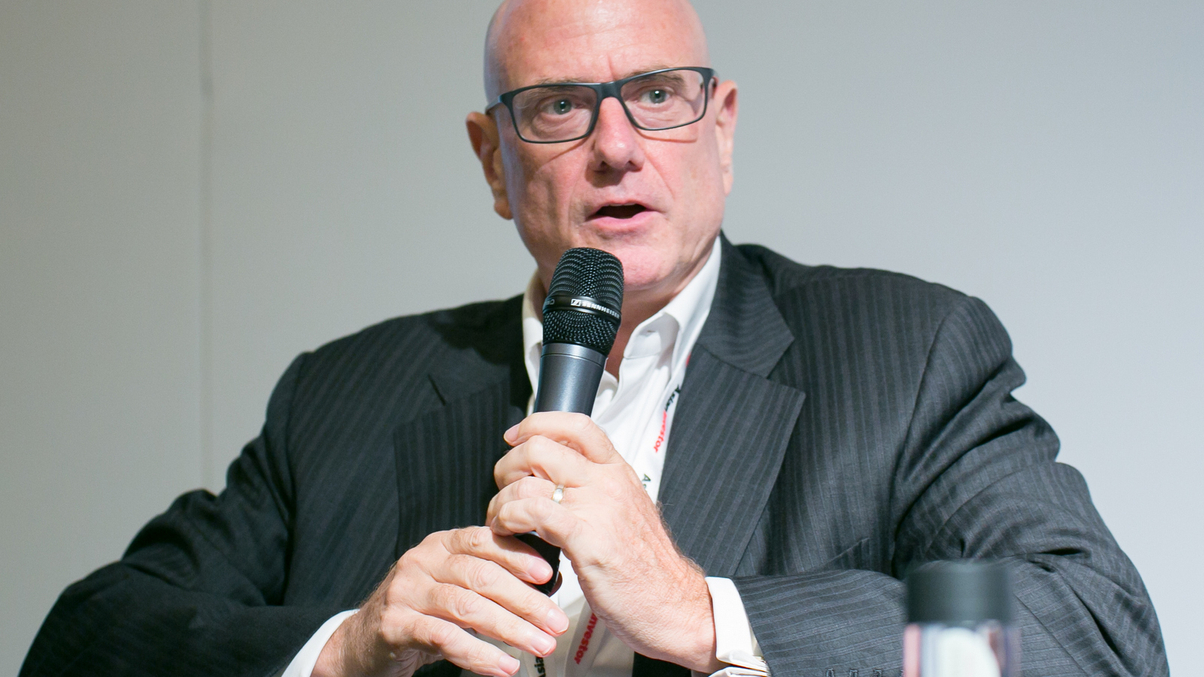Fintech set to sideline prime brokers
The disruptive influence of financial technology is already affecting prime brokers, a forum hears. With much of their work being replicated by technology, investors could soon be bypassing brokers.

Prime brokers’ future competition looks likely to come from financial technology rather than their peers, a panel has heard.
Sign in to read on!
Registered users get 2 free articles in 30 days.
Subscribers have full unlimited access to AsianInvestor
Not signed up? New users get 2 free articles per month, plus a 7-day unlimited free trial.
¬ Haymarket Media Limited. All rights reserved.


